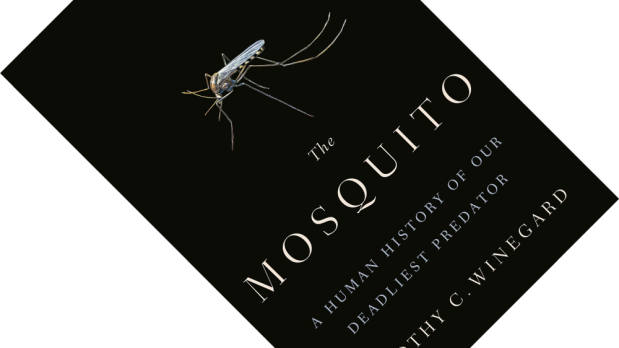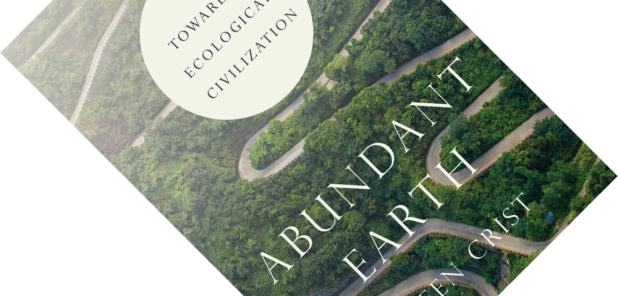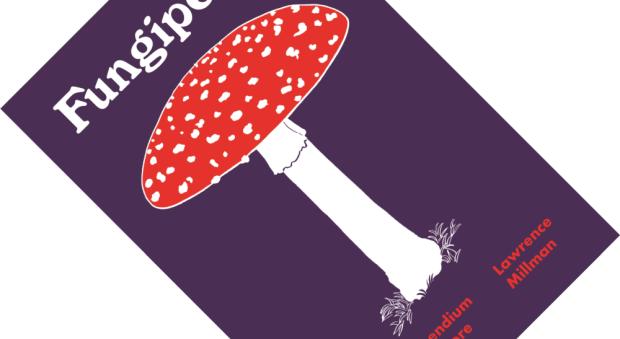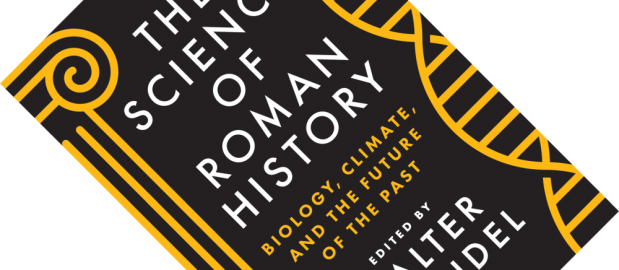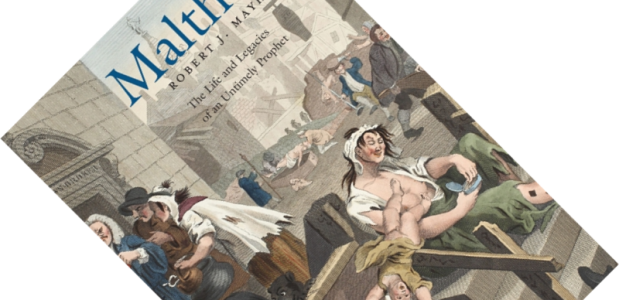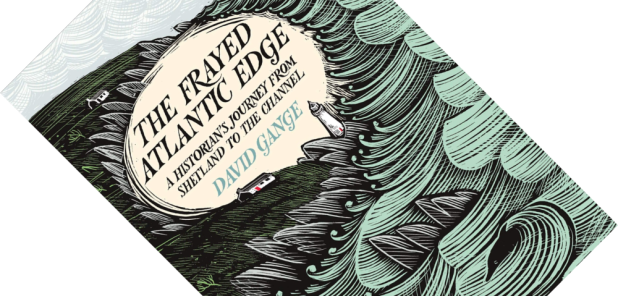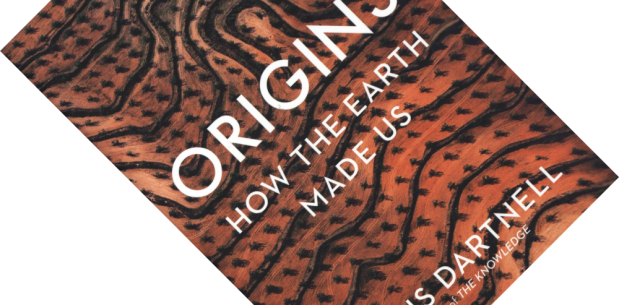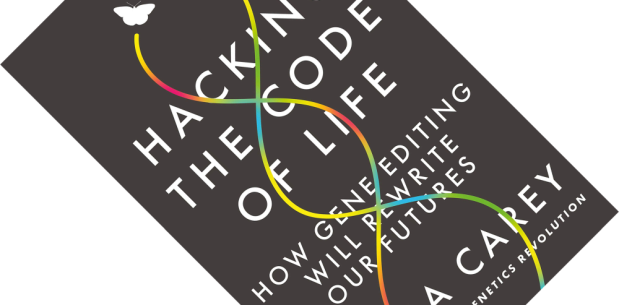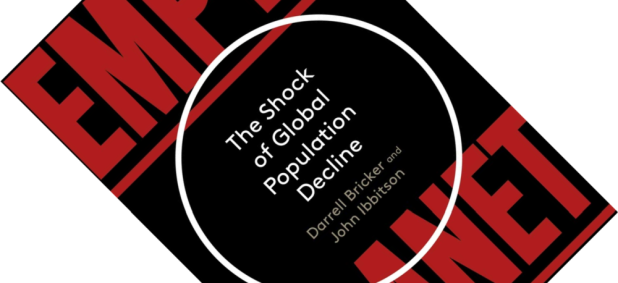6-minute read
Ours is the latest generation to be engaged in a blood-soaked conflict that has lasted millennia. The quote “we have met the enemy, and he is us” might come to mind, but no. Rather, as E.O. Wilson once wrote: “It is the little things that run the world“. Historian Timothy C. Winegard here offers a sweeping history of major turning points in human history observed through the compound lens of the mosquito. With an estimated compound death toll of 52 billion an insect that is truly worthy of the title “destroyer of worlds”.

